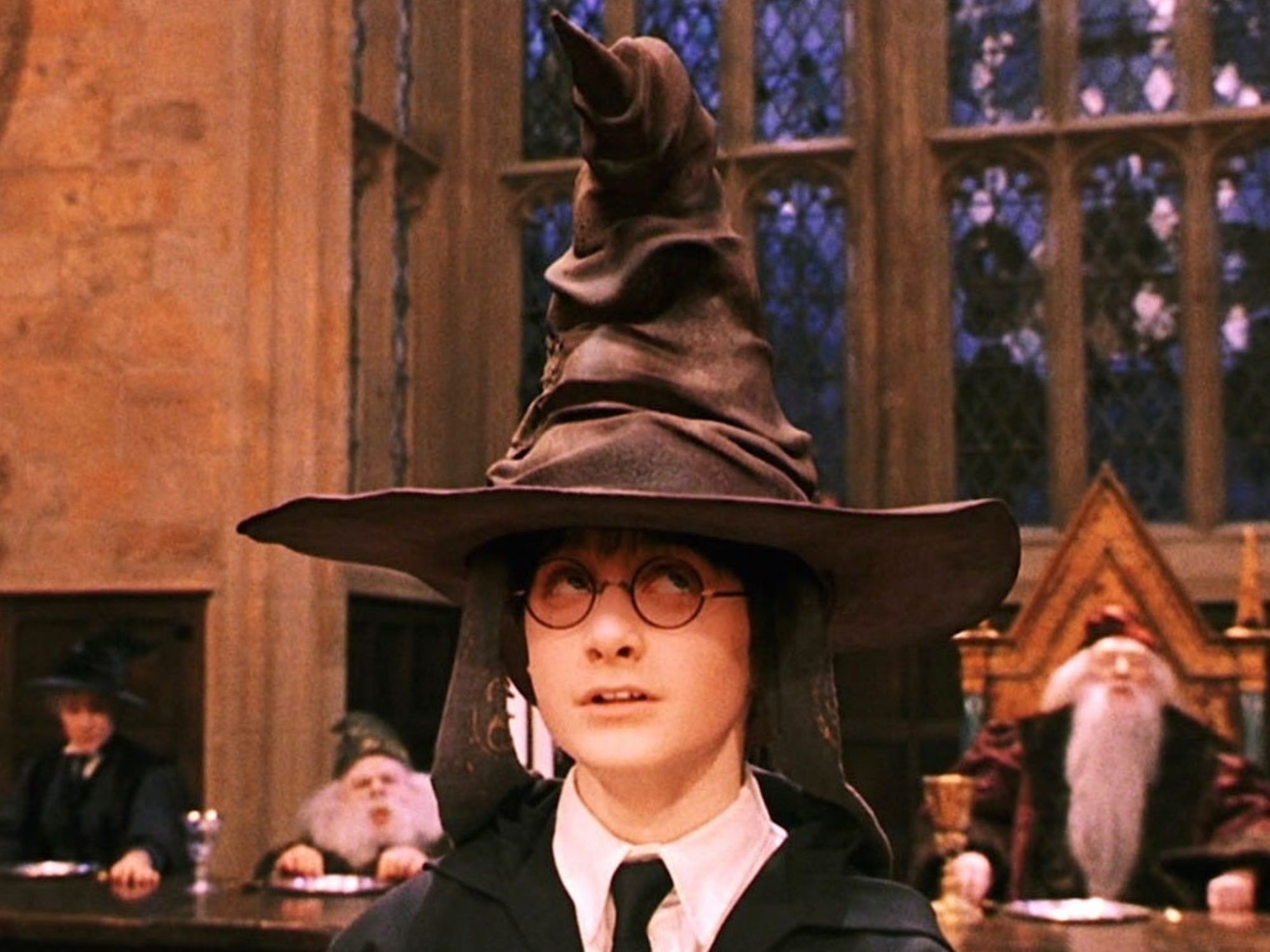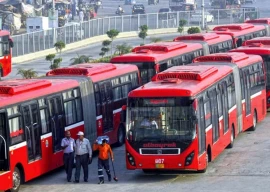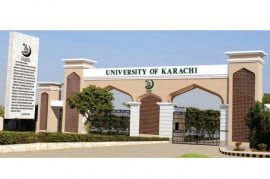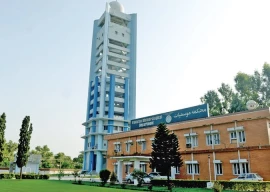
How do you write a piece on the reasons behind Imran Khan’s meteoric rise when he has been pushed out of power, launched an agitational march which seems doomed to fail, and narrowly escaped a serious attempt on his life with a bullet wound? This last part has given the Sherlock Holmes and Hercule Poirots in the media a licence to act like criminologists and forensic experts. I am neither, therefore will only condemn the attack and express hope that Mr Khan and the lieutenants around him take better care of his security. Nor is it the purpose of this piece to glorify or romanticise Imran Khan’s recent politics. The main point is to explore why he persistently keeps proving the political obit writers and his detractors wrong by refusing to fade away. This exercise can be pretty helpful for all sides if taken seriously.
At the time of his departure from the corridors of power, the common assumption was that he would be forgotten for at least a term. But that did not happen. If by-election results are any evidence, he has bounced back with a vengeance. In his re-emergence, where we see clear signals, a lot of noise is also produced, which makes separating the wheat from the chaff very important. Your average, everyday political televangelists, pundits, and vloggers cannot be trusted to give you a decent answer. If an ordinary person’s prefrontal cortex doesn’t fully develop until 25, their prefrontal cortex and temporal lobe have not matured even at this very late age. What then emerges is more noise misattributing successes to wrong reasons.
Take the example of the claim that Mr Khan is very lucky. You may shrug your shoulders and make nothing of this assertion. Still, it is precisely this kind of inane speculation which obscures the hard work that goes into promoting the PTI’s causes and supercharging particular “spiritual” or superstitious elements in his circles, which might have actually played a direct role in his fall from power. Similarly, the claim that his foreign conspiracy narrative is selling is not just devoid of data, but it overlooks the demographic complexities of this nation. Let’s take the example of far-flung areas in Southern Punjab and Khyber-Pakhtunkhwa. Do you think that foreign policy is even the remotest factor there? But since dogma needs no evidence and our media is nothing if not dogmatic, we keep building castles in the air in the name of analysis. And as these pundits are pretty loud, their propaganda is often inhaled by the leaders who can undoubtedly benefit from the lack of it. This includes Mr Khan. Resultantly, he feels compelled to stick to the same elements which caused his downfall. His ongoing long march is indicative of the very same state of mind. If I were in his place, instead of trying to install or replace certain officials, I would have waited out the current political dispensation, and the factors to be presented to you in this space would have ensured my return to power with an absolute majority. By jumping the gun, Mr Khan imperils his own safety and, therefore, his party and whatever cause he believes in.
Before we evaluate factors that work for Mr Khan, one general rule of thumb is based on two distinct examples. When the PTI was in power and constantly accused of being the establishment’s plan, the opposition carried most of the by-elections. When it came out of power and the current ruling coalition was accused of being close to the establishment, guess who started winning? PTI. Do you see any connection? No, seriously, try. If, as a citizen, your only superpower is your vote, why would you appreciate any effort or element that disenfranchises you? You can say that the current dispensation came into being through a democratic vote of no confidence, so what is improper? A legitimate question. But that is not how perceptions work. If, during the past fifteen years, people voted for three assemblies whose first choice of prime minister was pushed out of power before the end of the term in highly dramatic conditions and every time whispering campaigns attributed every change to the will of the establishment, is it to be overlooked casually? In this regard, the military leadership’s decision to stay away from politics is a most welcome one. But the message will take some time to sink in. Until then, there will be some serious political collateral damage.
Now a few words on the elements helping the PTI.
The first factor is talent, opportunity, and merit. Say whatever you make of the PTI’s social media wing and people like Dr Arsalan Khalid, but you cannot deny that they are good at their job. They rose to these positions because there was a merit-based opportunity, and these jobs were not kept for the cousins of cousins of the party influentials. Likewise, the media may want to obsess about a few vestiges of dynastic politics within the PTI. Still, it is hard to ignore the number of first-generation politicians around the party chairman. How many other major parties can claim something like that? Even when you see some self-made politicians, their stories are decades old, and they, too, by now considered a part of the old elite. This takes us to the second factor: Youth.
Mr Khan is now 70. Why does the country’s youth find it easier to associate with him? Because there is still room for growth and upward mobility. The arteries of other parties are clogged with old blood. Shortly after the 2018 elections, PILDAT organised a briefing by Ijaz Shafi Gilani of Gallup Pakistan with a few media representatives. Mr Gilani insisted that a middle-class youth bulge had emerged, which needed to be harnessed politically. He had all the necessary data to prove it and recommended that parties clear their berths to accommodate young, relatively affluent politicians. None did. Even new avenues, like the local government system, which could take the load, were shut down — the only exception: PTI.
Third factor. The diaspora. Our diaspora has a depressed identity and has been at the receiving end of two decades-long persecution during the war on terror. Anyone who stands for their rights and against Islamophobia becomes an instant star. This time the diaspora has a critical role in his resurgence.
There is more that I will discuss in future pieces.
Published in The Express Tribune, November 5th, 2022.
Like Opinion & Editorial on Facebook, follow @ETOpEd on Twitter to receive all updates on all our daily pieces.





1723621875-0/kylie-(1)1723621875-0-165x106.webp)










1725096749-0/Untitled-design-(1)1725096749-0-270x192.webp)



COMMENTS
Comments are moderated and generally will be posted if they are on-topic and not abusive.
For more information, please see our Comments FAQ